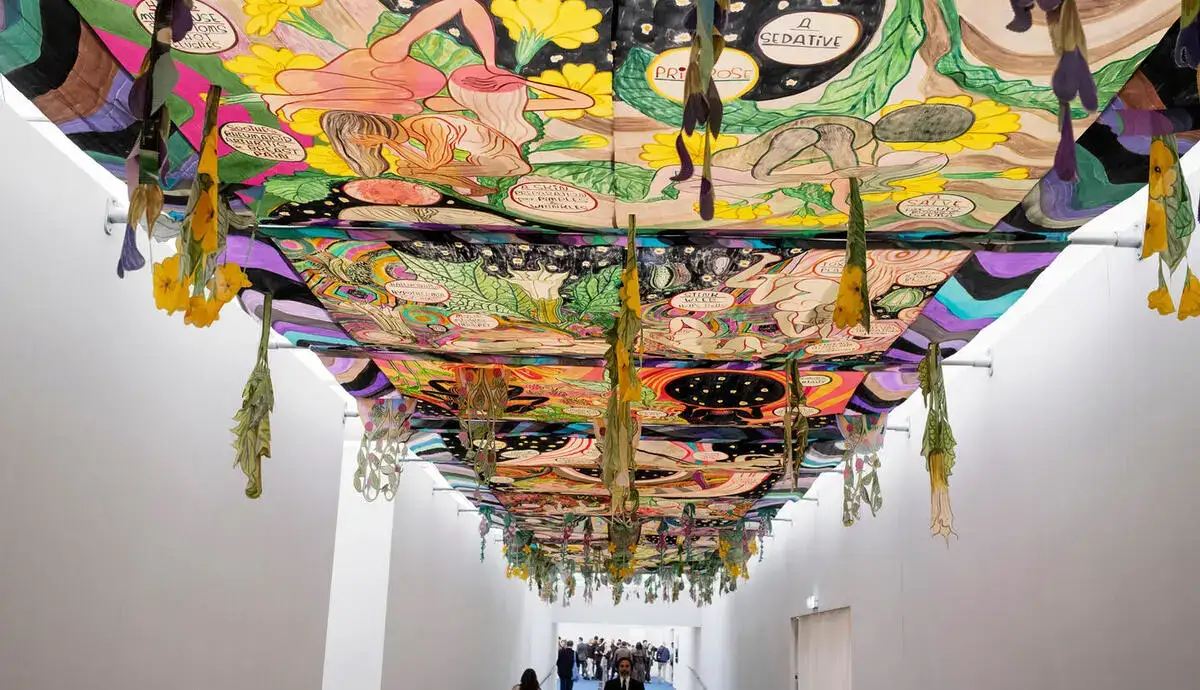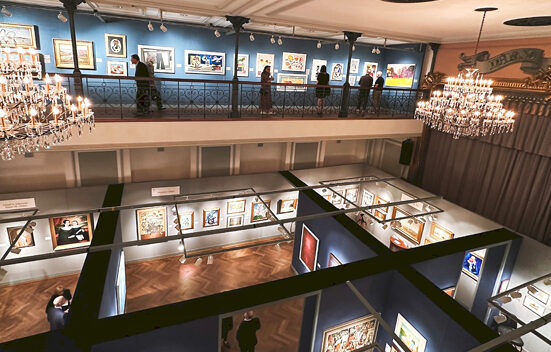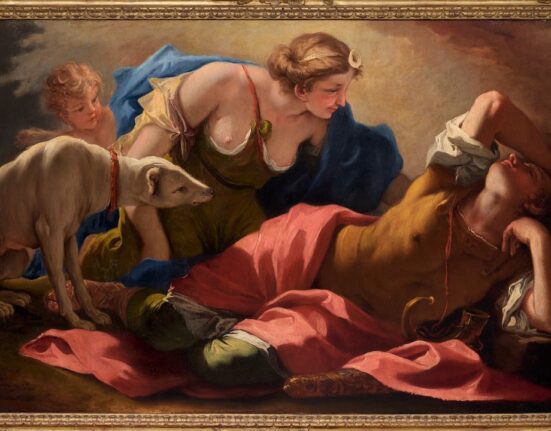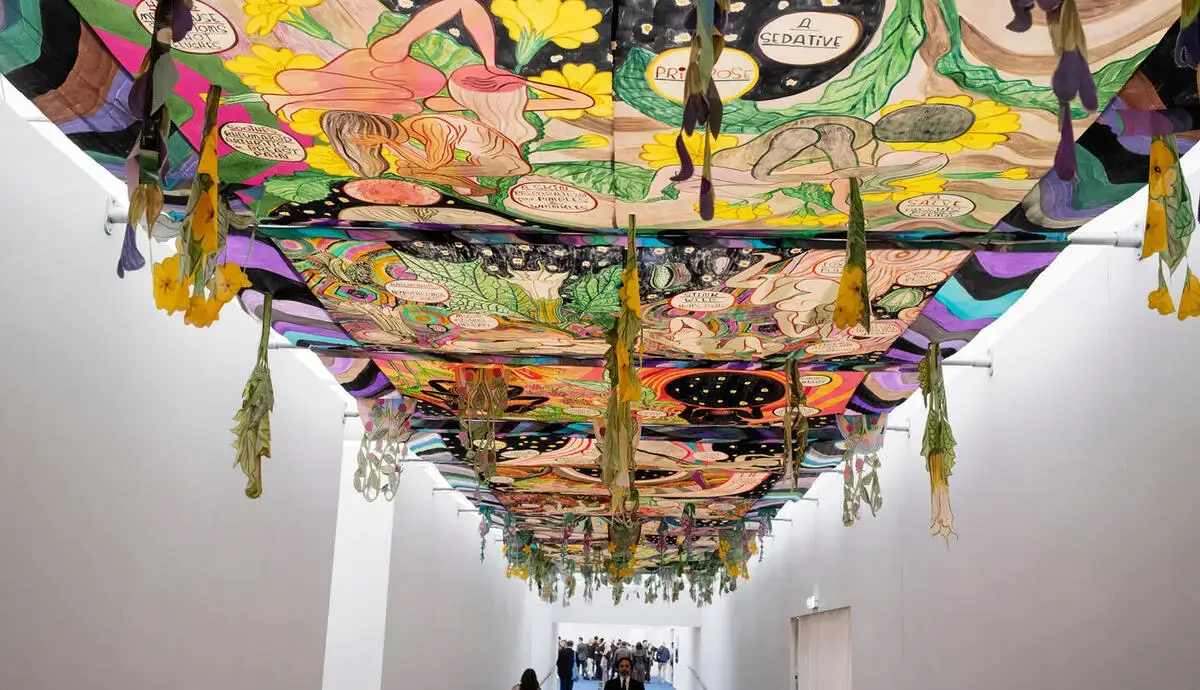
London continues to dominate the European art market. Overall, this city holds the title of the art’s capital, regardless of the buzz around Paris’s contributions. Some events, such as Brexit and the pandemic, suggested at times that the British capital might pass its rank to Paris. Soon, it became known that such speculation did not have solid ground. In terms of art commercialization, London is still only behind New York.
Paris Being the City of the Moment
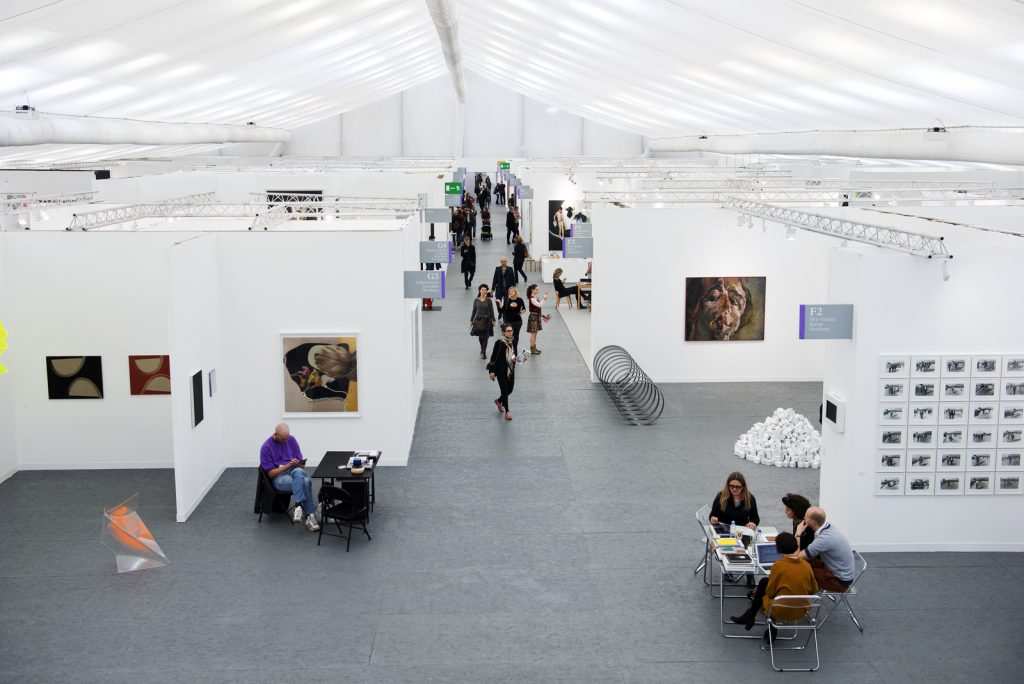
The U.K. still dominates the European market even though Paris may be the city of the moment. Ultimately, some claim that comparing the significance of cities to one another may no longer be useful. “You have to remember, in London, like in New York or Hong Kong, the primary market is very international. It’s really driven by collectors’ interest”, art dealer Thaddaeus Ropac said to the media.
Even the richest buyers, according to Ropac, have to struggle for the advantage of being able to participate in the main market. To overcome the years-long queues that certain artists accumulate, they must develop partnerships with merchants and artists. “Because of this internationality, it often doesn’t matter where the exhibition might be, or where the collector lives. The city in which you do a show doesn’t necessarily reflect the market there”, he described.
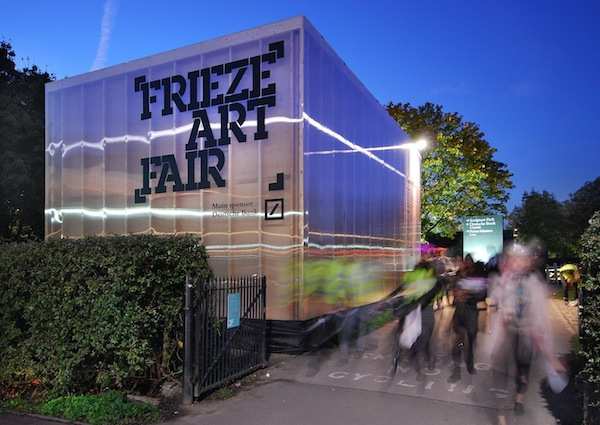
Ropac referred to the present exhibition Stupor, by German artist Daniel Richter, at his gallery. The performance, influenced by Hanns Eisler’s tune Nightmare from Hollywooder Liederbuc, showcases Richter’s original method of portraying the human body. Ropac anticipates no issues with the show, which debuted on Tuesday and continues through December 1, selling out.
Get the latest articles delivered to your inbox
Sign up to our Free Weekly Newsletter
Brexit Confused Several Firms Involved in Fine Art Business
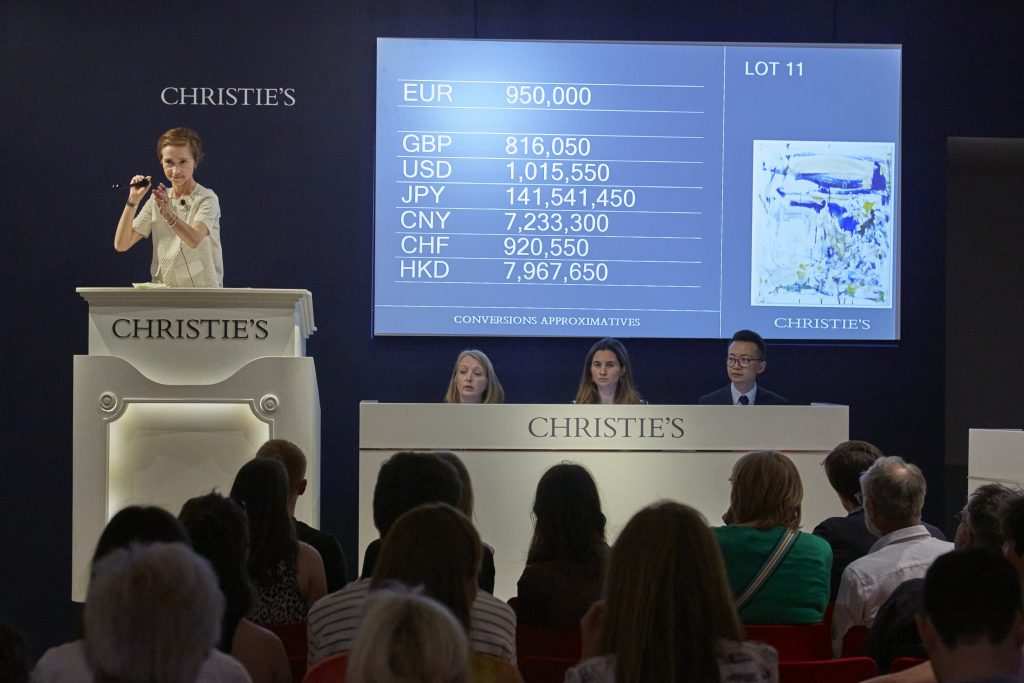
Ropac continued on the show: “They will sell because there are collectors who are very interested in his work and a long waitlist. That the show is in London says nothing about London or Paris or anywhere”. He also that frequently, the preferences of a creator decide where an exhibition occurs or to whom their work sells. Such specifics make analyzing the market in any particular city difficult, to say the least.
But in London, Brexit and the new rules and regulations that came with it confused several long-standing firms involved in fine art. “There are definitely challenges in London, especially for older, well-established galleries because the cost of doing business has gone up so much since Brexit”, dealer Phillida Reid said. Paris’s glitz hasn’t yet converted into increased market share.
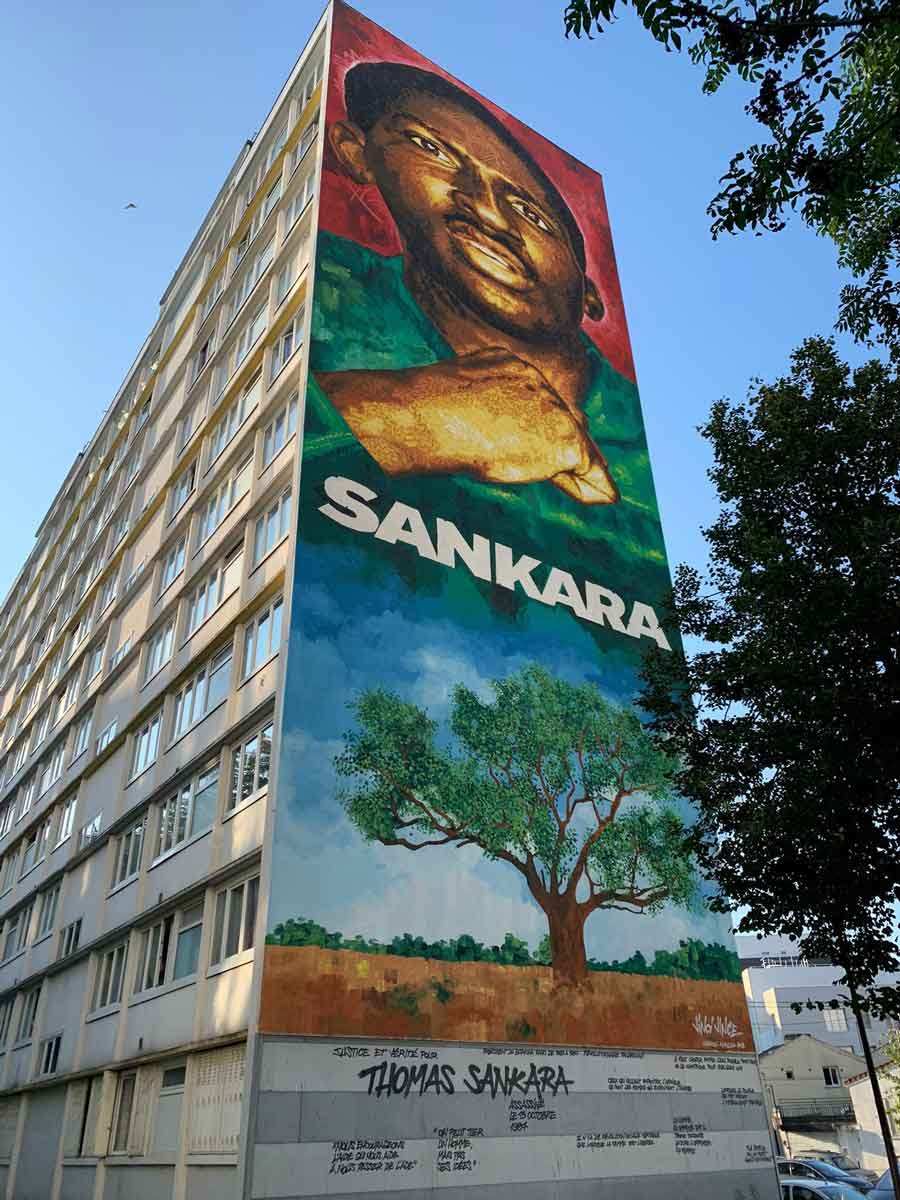
“The Parisian Renaissance is a positive thing, but it doesn’t automatically affect London”, Ropac said. “Paris may be more fashionable this season, but London still has a critical mass of institutions, museums, and artists who have no intention of moving”. On the other hand, the UK market had been in decline until 2020, bringing in only $456 million that year, its lowest level since 2009.

By Angela DavicNews, Discoveries, In-depth Reporting, and AnalysisAngela is a journalism student at the Faculty of Political Science in Belgrade and received a scholarship for continued education in Prague. She completed her internship at the daily newspaper DANAS and worked as an executive editor at Talas.

